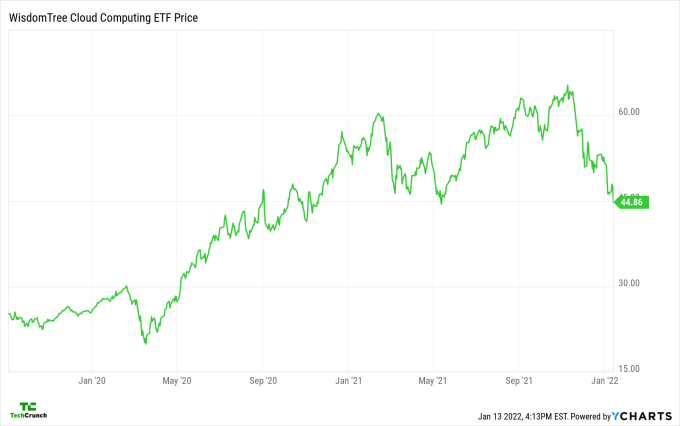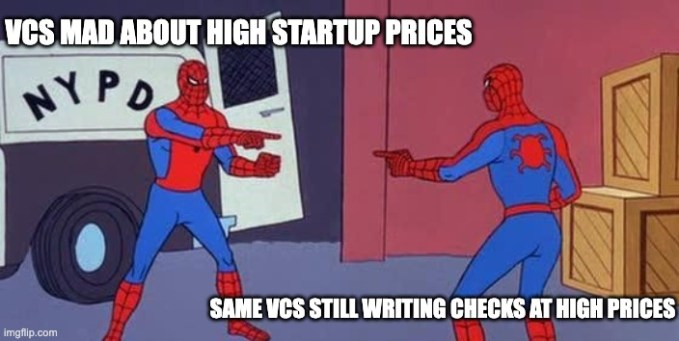London-based legaltech startup Juro has grabbed $23 million in Series B funding for its browser-based contract automation platform. In total the startup has raised $31.5M since being founded back in 2016.
Investors in the Series B are Eight Roads, which led the round — plus existing investors Union Square Ventures, Point Nine Capital, Seedcamp and Taavet Hinrikus (Wise/TransferWise co-founder).
Eight Roads’ partner, Alston Zecha, joins Juro‘s board.
Juro says its annual recurring revenue has tripled year-on-year. And while it’s not disclosing its valuation at this round it says it’s increased more than 5x.
It is finally disclosing customers numbers — saying some 6,000 companies are using its platform, including the likes of Deliveroo, Cazoo, Trustpilot and TheRealReal, with users spread across 85+ countries.
“Right now, we work with more than 20 unicorn-valuation scale-ups,” says CEO and co-founder Richard Mabey. “These companies often process very high volumes of contracts, which is where we really help. But more traditional enterprises like Reach plc have also adopted Juro fully, so we anticipate more enterprise demand during 2022.”
The startup has focused on disrupting the use of legacy tools like Word and PDFs for contracts — offering a dedicated, browser-based contract builder platform, rather than merely creating a cloud-based work flow for moving files around.
“We are challenging the notion that contracts need to be static files at all,” Mabey tells TechCrunch. “We do this by bringing those contracts out of Word and into a custom-built, browser-native editor.”
“This editor is highly modular and integrates seamlessly into a company’s tech stack,” he adds. “250,000 contracts were processed in this way last year and for certain use cases it can be magic (we have an NPS of 72).”
“In the same way that developers use GitHub or designers use Figma to collaborate, in Juro you can process contracts from creation through to signature without ever leaving your browser. In this regard, we really see our main competition as MS Word.”
The latest tranche of funding will go on market expansion in the US and Europe, further investment into the product and for an exec hiring drive to support the planned scaling.
The startup has offices in London and Riga, as well as a growing “remote hub” — and says it is hiring in all locations.
Mabey says its priorities on the recruitment side are to hire a VP of marketing and VP of engineering.
“Juro‘s core strength is in contract creation and we will double down here,” he adds. “We are the only platform with a browser-native editor specifically designed for contracts. A lot of our efforts will go towards this, along with developing new integrations into this editor (e.g. CRM systems).
“For customers, this means one unified experience for creating, approving, negotiating, signing and managing contracts.”
Commenting on Juro’s Series B in a statement, Eight Roads’ Zecha, added: “Until Juro, there hasn’t been an all-in-one platform which automates contracts and provides frictionless integrations with clients’ workflows. Juro is used by legal, sales, HR and other teams at some of Europe’s best high-growth companies including many in Eight Roads’ portfolio. It has market-leading customer satisfaction scores plus the highest employee satisfaction score we’ve seen at a scaleup. We are thrilled to partner with Richard, Pavel and the Juro team.”





